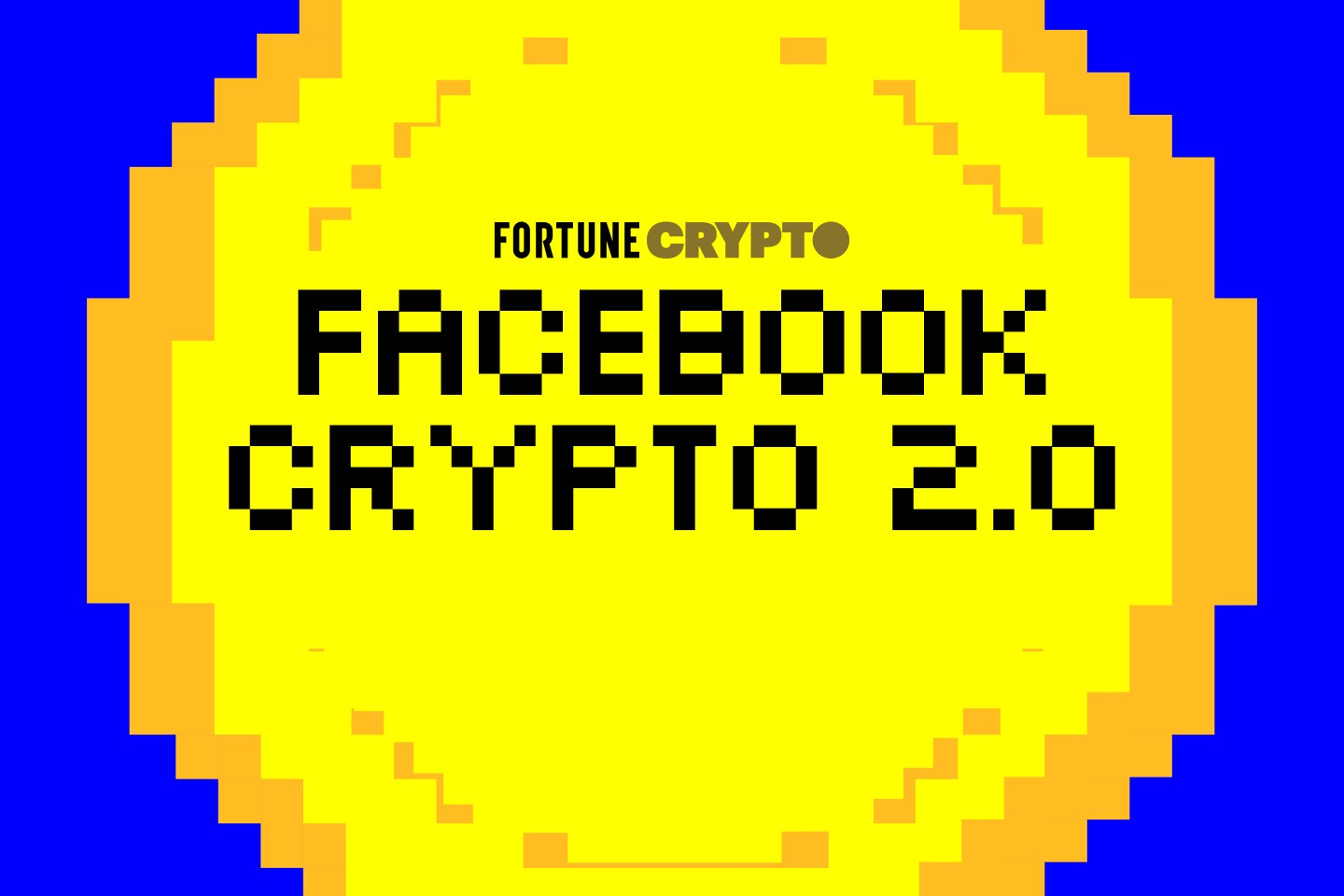With next week’s calendar full of economic data releases and speeches by economic policymakers, investors have been poised to watch the Federal Reserve for clues about the U.S. central bank’s next move, but an unexpectedly hot reading on inflation on Friday will further sharpen that focus.
After coming into 2016 with an expectation of three or four interest rate hikes through the year, market participants recently were viewing the Fed as likely raising interest rates once, if at all, in light of weak inflation and global volatility.
But Friday’s data showed the core consumer price index (CPI), a measure of underlying U.S. inflation, rose in January by the most in nearly 4-1/2 years to a 2.2% annualized rate. It drew particular attention as the number was above the Fed’s 2.0% target, though it is not the central bank’s benchmark inflation measure.
The uptick in price pressures has already shifted the market’s expectations on the Fed’s next move.
“The inflation numbers definitely caught the markets off guard,” said Joseph Lavorgna, senior economist at Deutsche Bank in New York.
“Last week at this time the market was pricing a 25% chance of a rate hike by year-end and now it’s over 40% and that’s largely because of today’s stronger than expected CPI.”
Why have inflation rates stayed low?
The dollar rose alongside Treasury yields shortly after the data, as markets saw the higher inflation as nudging the Fed towards tightening policy. The euro hit its lowest since Feb. 3.
Equity markets have also closely followed expectations on Fed policy. Lower rates tend to support stocks in general, with high-paying dividend names like utilities gaining investors’ favor. In an environment of rising rates, banks tend to take the lead.
The expectation of higher interest rates has been cited as one of the reasons for stocks having fallen as much as 11% this year. The S&P 500 is down 6 percent so far in 2016, and on track for its third positive week of the year.
The inflation numbers add to recent economic data, including a stronger job market and consumer spending, that will force the Fed to seriously reconsider more rate hikes, said Jim Paulsen, chief investment officer at Wells Capital Management in Minneapolis.
“I think what’s happening is that people are starting to put tightening back on the table,” Paulsen said.
CHOCK-FULL OF FED SPEAKERS
Personal consumption expenditures, the Fed’s favorite measure of price inflation, is out next Friday and could confirm or outweigh the trend in the CPI reading. Among other market-moving numbers next week are purchasing managers indexes (PMIs) for the manufacturing and services sectors and two gauges of consumer confidence.
Investors and the Fed could address a decline in earnings, now seen as down 3.7% for the S&P 500 in the fourth quarter of last year, and lower outlooks for 2016 as other reasons to keep rates lower for longer.
The incoming data gives more weight to next week’s scheduled speeches from many Fed officials, including Vice Chair Stanley Fischer on Tuesday and Atlanta Fed President Dennis Lockhart on Thursday as markets look for a change in tone. Two Fed surveys of business conditions, Richmond and Kansas City, are also out next week.
Break up The Banks, Says The Fed’s New Guy
“I don’t think the Fed can help stocks, they can only hurt them,” said Wayne Kaufman, chief market analyst at Phoenix Financial Services in New York.
“If they came out too hawkish that can hurt stocks; too dovish can help a little but not create sustainable investor demand.”
In Fed-watcher parlance, hawks are seen quicker to push for rate hikes than doves.
In a U-turn late on Wednesday, Fed voting member and hawkish St. Louis Fed President James Bullard said it would be “unwise” to raise rates further given U.S. inflation data and global volatility. He speaks Wednesday in New York, followed by questions from the media.
The Fed’s policy-setting committee next meets March 15 and 16 in Washington, with a statement followed by a news conference with Chair Janet Yellen.












